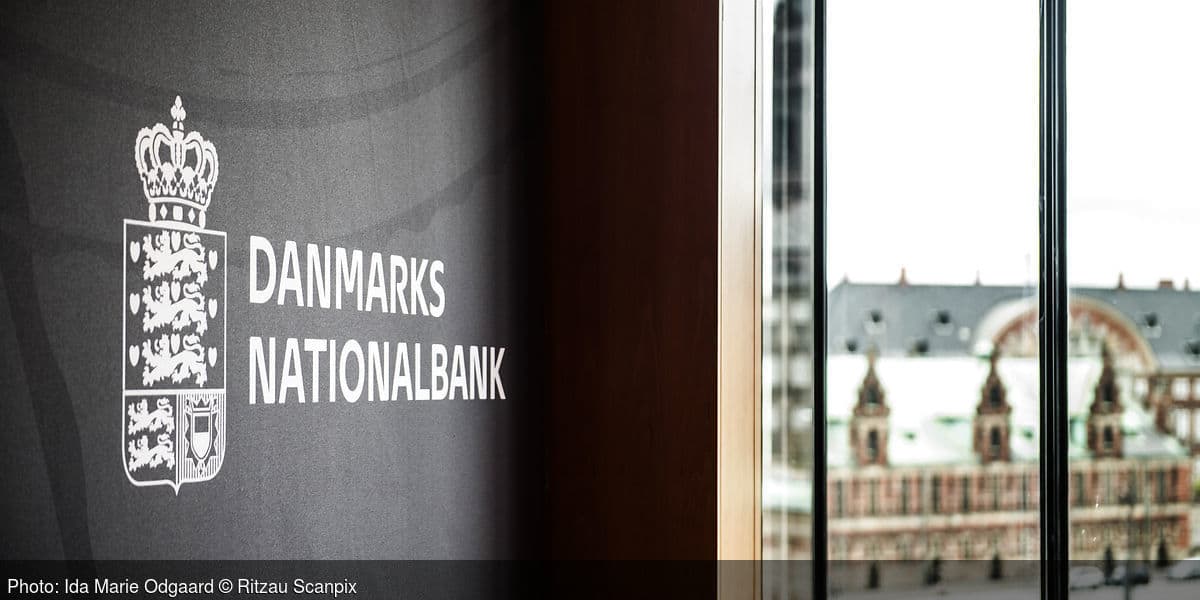Nationalbanken har analyseret effekterne af selskabers klimarapportering, altså hvor meget de fortæller om deres arbejde og indsatser for at reducere CO2-udledningen, og banken konkluderer, at der ikke er synlig forskel på de selskaber, som har massiv information og markedsføring om deres klimaindsats, og de virksomheder, der ikke kommunikerer så meget om emnet.
Nationalbanken skriver i et nyt working paper, at “virksomheder kommunikerer mere og mere om tiltag, der skal mindske deres udledning af drivhusgasser. Der er til gengæld ingen sammenhæng mellem, hvor meget virksomheden fortæller om sine udledninger, og den faktiske udvikling i deres udledninger. Det er et af hovedresultaterne i et nyt working paper.”
Konklusionen er opsigtsvækkende, og den sår endnu engang tvivl om, hvor meget greenwashing, der sker i erhvervslivet. Altså er det meste af virksomhedernes fortælling baseret på varm luft uden tilhørende konkrete handlinger. Nationalbanken skriver, at studiet understøtter, at der er behov for et mere fast framework omkring virksomhedernes rapportering om CO2-emissioner.
Forfatteren bag Nationalbankens workingpaper forklarer om metoden bag analysen: “Using text from annual reports, I document a rising share of emissions-related information. However, my measure of emissions talk is generally not predictive of past or future changes in firm emissions. While scope 1 emissions decreased during the period, the decrease is entirely driven by the utility sector (…) I find that firms are increasingly prone to talking about emissions. However, I do not find any significant correlation between my emission word share measure and actual firm emissions except among utility firms.”
Videre hedder det: “This result is consistent with Bingler et al. (2021) who find that firm emission reporting is characterized by “cheap talk” in the sense that it is focused on qualitative topics such as governance and risk management as opposed to hard metrics and targets. The average firm in 2019 is negligibly more efficient in terms of emissions than in 2013, in spite of the rising cost of emission allowances.”
“In 2021, the European Commission adopted a proposal for a new Corporate Sustainability Reporting Directive (CSRD). Their motivation includes the need for more reliable climate-related reporting: The current legal framework does not ensure that the information needs […] are met. This is because some companies from which users want sustainability information do not report such information, while many that do report sustainability information do not report all the information that is relevant for users. When information is reported, it is often neither sufficiently reliable, nor sufficiently comparable, between companies. The information is often difficult for users to find and is rarely available in a machine-readable digital format. (European Commission, 2021, p. 2).”
“This study lends support to the argument that the new directive should, at the very least, require firms to consistently report basic measures of GHG emissions.”
Læs mere her.








